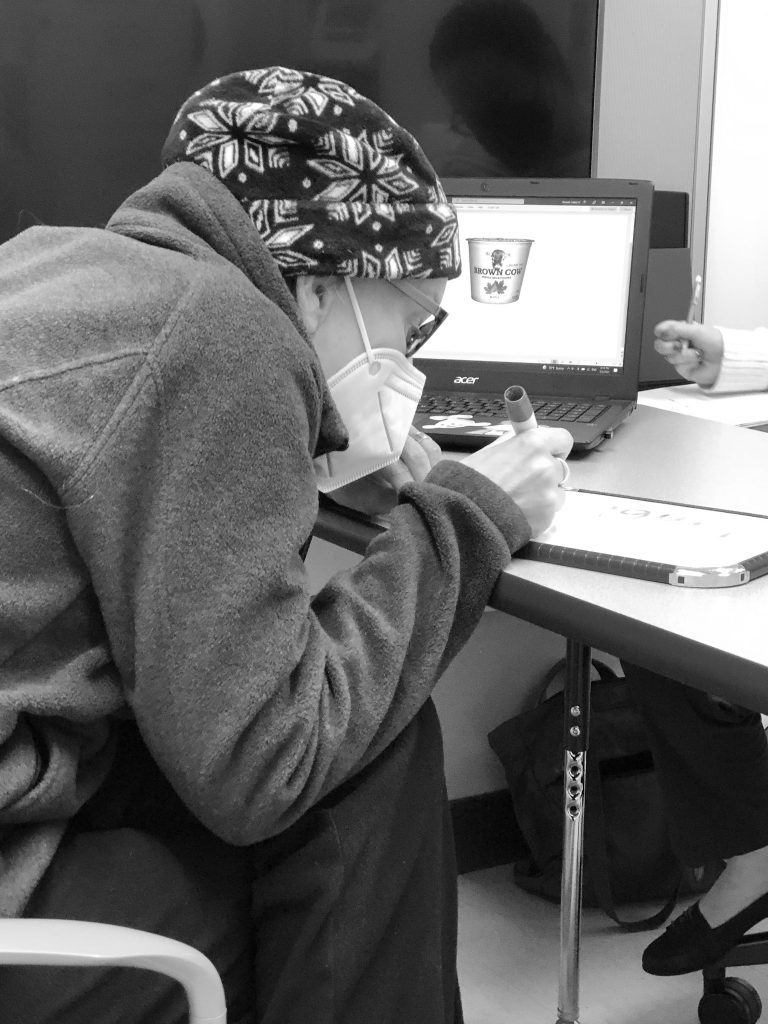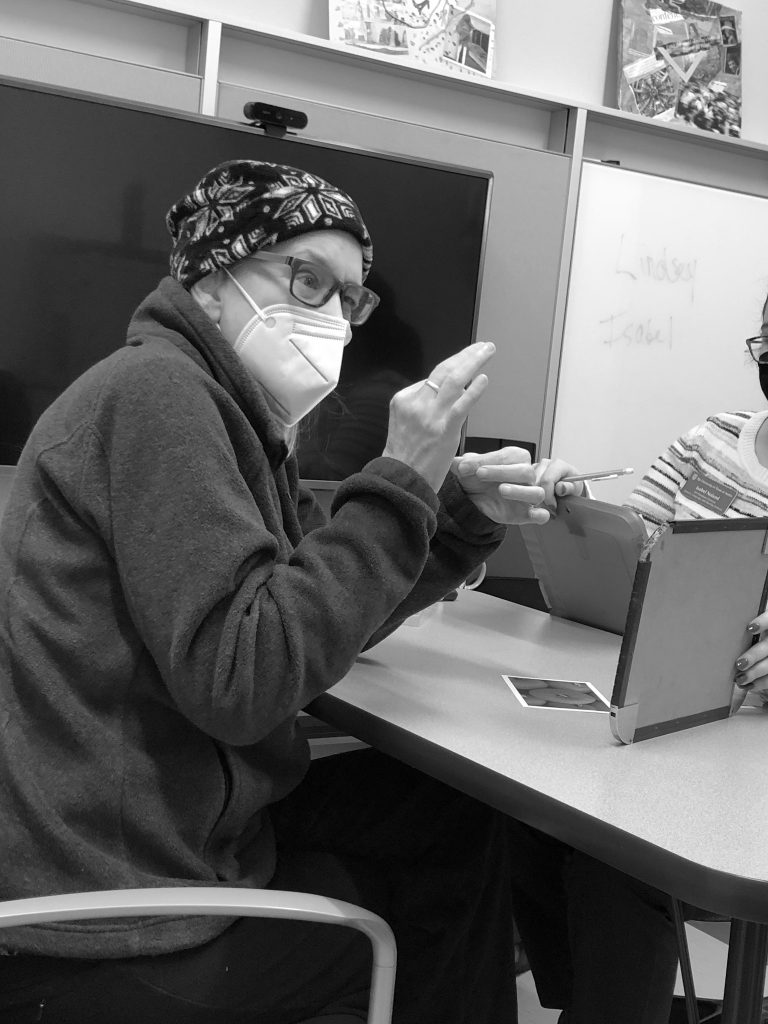Masks have become a partisan badge one either does or does not support. There does not seem to be nuance in the discussion regarding the context and the participants involved. Some of the most vocal view this discussion as good versus evil. Whether they are effective or not is a different subject. I really don’t care if people want to wear a mask or an establishment requires people to wear a mask. What I do care is if the mask required is of good quality, properly fitted and does not impede the activity being performed.
The problem as I see is masks being employed as mere kabuki theatre. An example is when I take Susie for physical or speech therapy. The staff and patients wear masks. The hospital provides good quality masks, which is useful when patients do not have one. The challenge is patients often are tugging at their masks, scratching their noses, touching surfaces and pulling down their mask when trying to be understood. Forget that the therapist voices are muffled and difficult to hear. Obviously this is a hospital setting, but clearly the mask are a hinderance for many of these Neuro patients. I wish the choice was left to the patient and the individual practitioner.


- What do we do when the mask is not an effective tool in our arsenal?
Health policy and state institutions have communicated the wide sweeping rules and guidelines are to protect everyone, the many and the few. I look at our policy of masking of children, pre-school and elementary age, and the policy seems really to protect the few (immune compromised at school or via extension in multi-generational housing or just nervous teachers). Many children, as shown by statistical demographic data, are at very low risk for severe COVID, hence why many suburban parents are saying they’ve had enough. Our inconveniencing of the many falsely assumes the effectiveness of masking. Add in early childhood development and communication, and clearly the activity/ experience is less than satisfactory.
I’ve been part of conversations with colleagues, friends and family who are PhDs and MDs on masking effectiveness, including a few teachers. The short story is they are disappointed we do not have good quality Randomized Clinical Trial (RCT) evidence. This is terribly frustrating when most of the public would be happy to participate in such studies, let alone Schools of Public Health have easy access to university populations. Imagine if Fall of 2020, or any term in 2021, a school actually ran an RCT comparing effectiveness of masking (no mask, cloth, surgical, KN95). The lack of forward thinking and unwillingness of our government NIH and Congress to allocate or re-allocate funds for such studies is simply embarrassing. The blame sits equally on the previous and current administrations.
In the end, Susie greatly dislikes wearing her mask and it negatively affects her ability to communicate. She has requested numerous times to stop both physical and speech therapy due to wearing masks. She loves her therapists, and they understand her frustration. I can only imagine how little kids feel regarding their schools. I wonder how many other people feel like Susie.